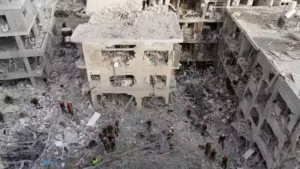Today:
Tuesday, July 1 2025
What are You Looking For?
Trending News
Flash Story
 92-year-old British man convicted of rape and murder in 1967 cold case
92-year-old British man convicted of rape and murder in 1967 cold case
 ‘I wanted to do something to fight back’: This iPhone app alerts users to nearby ICE sightings
‘I wanted to do something to fight back’: This iPhone app alerts users to nearby ICE sightings
 Opulatrix Review 2025: Crypto Trading Ace in 2025 or Another Scam?
Opulatrix Review 2025: Crypto Trading Ace in 2025 or Another Scam?
 Aivora Trade Platform Review – Is This AI Trading Bot Your Golden Ticket in 2025?
Aivora Trade Platform Review – Is This AI Trading Bot Your Golden Ticket in 2025?
 Thousands of Norwegians mistakenly told they’d won life-changing sums in lottery error
Thousands of Norwegians mistakenly told they’d won life-changing sums in lottery error
Editor's Picks
Main Story
Trending Story Now
About The Author

USA Independent
USA Independent is a cutting-edge digital news portal dedicated to delivering reliable, unbiased, and up-to-the-minute news to readers across the United States and beyond. Established with the mission of fostering transparency and informed public discourse, USA Independent covers a wide range of topics, including politics, business, technology, culture, health, and global affairs.


































